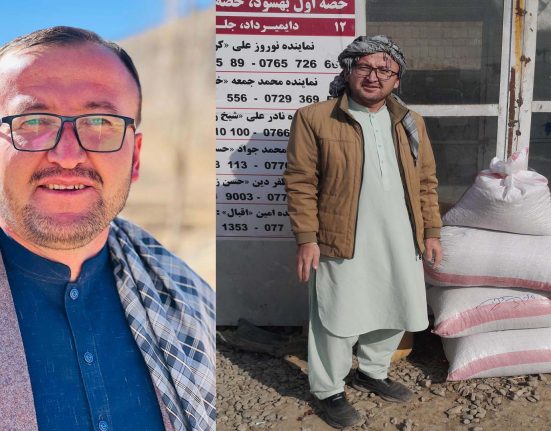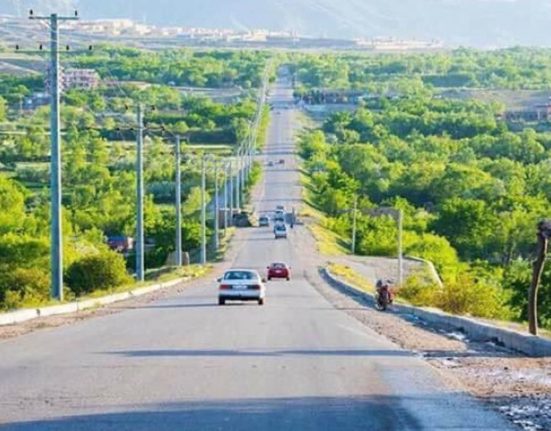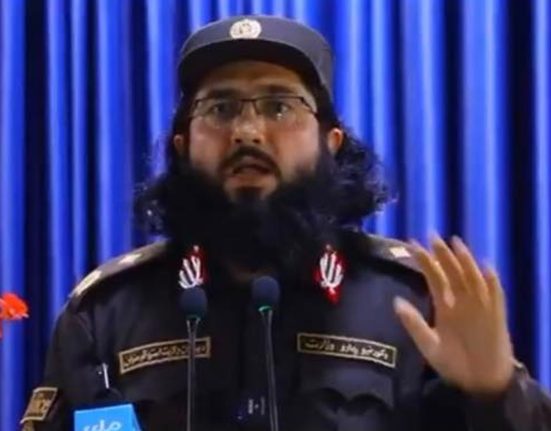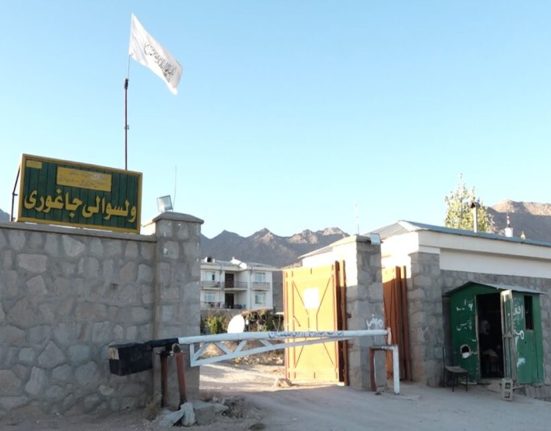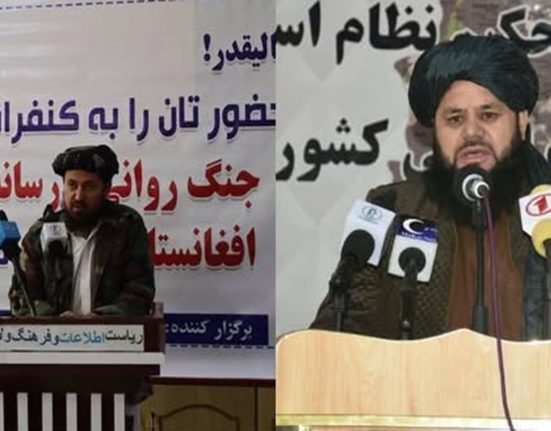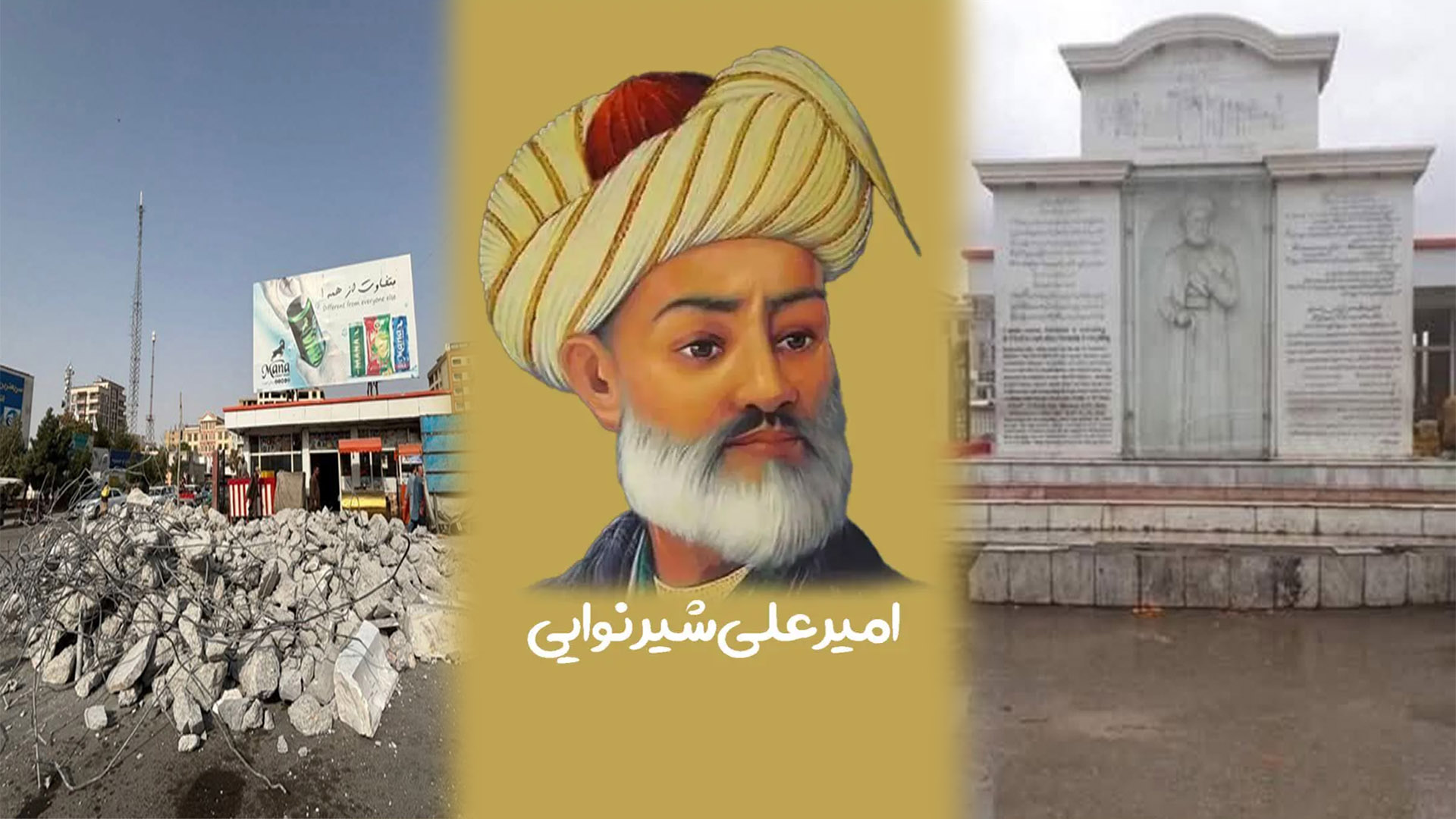
“Navai is the heritage of all of us”; Widespread reactions to the destruction of the statue of Hazrat Navai in Balkh by the Taliban.
The destruction of the statue of Amir Alisher Navai, a poet, thinker, and grand minister of the Timurid court, by the Taliban municipality in the city of Mazar-e-Sharif has sparked a wide wave of reactions and condemnations.
Afghan Turkic civil and social associations have called this action “a clear attack on the collective memory of the people” and “part of the Taliban’s project to de-identify.”
The statement of these institutions states: “By destroying cultural symbols and historical monuments, the Taliban have not only targeted the history of a nation, but also harmed the coexistence and cultural diversity in Afghanistan.”
They have called on UNESCO, international organizations, and the international community to take action to protect Afghanistan’s cultural heritage.
The Afghan Turkic Women’s Movement also issued a statement calling the destruction of the statue “a blow to the identity of Turkic women” and “a symbol of anti-cultism and ethnic discrimination,” and stressed that Navai is a symbol of scientific and literary efforts and part of the cultural identity of the Turkic people.
Rahela Dostum, daughter of Marshal Abdul Rashid Dostum and a former senator, wrote in response to the incident: “The destruction of the statue of Amir Alisher Navai by the Taliban is a heinous and anti-cultural act that shows the hostility of this group to the civilizational and cultural heritage of the region.”
She added that this act is “an insult to prominent figures and a disregard for literary, cultural and artistic values” and only adds to public hatred of the Taliban.
She called on the international community to take a stand against this Taliban action.
Other political and cultural figures have also reacted to this issue.
Babar Farahmand, former chief of staff of Marshal Dostum, called the destruction of Navai’s statue “disrespect for historical heritage” and “an attempt to kill the country’s history.”
General Abdul Malik also emphasized that “Navai’s heritage is so rich that no power can destroy it.”
Bashir Ahmad Tahinj, former Minister of Labor and Social Affairs, wrote that “with this action, the Taliban have once again proven their open hostility to national values and human heritage.”
Mohammad Alam Sa’i, a former member of parliament, also called the Taliban’s action “ignorant and seditious” and warned that such behavior could sow new seeds of discord among the ethnic groups of Afghanistan.
Amir Alishir Navai was born in Herat in 844 AH and died there in 906 AH. He was one of the greatest poets and writers of Persian and Turkish (Chughta’i) languages, known as “Zhullasain.”


